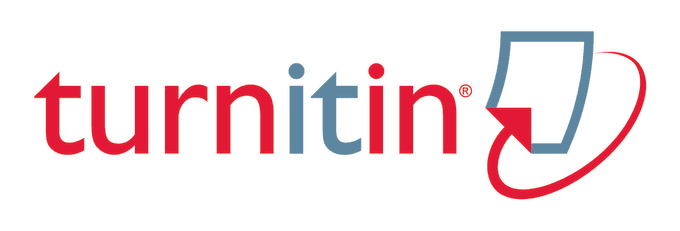Analisis Program PT. JICT Rumah Belajar dalam Mendukung Indonesian Sustainable Development Goals 2018
DOI:
https://doi.org/10.37535/103001120203Keywords:
CSR, SDGs, PendidikanAbstract
Penelitian ini bertujuan untuk menganalisis pelaksanaan nyata program CSR Rumah Belajar di bidang pendidikan yang sebenarnya dilakukan oleh PT. Jakarta International Container Terminal (JICT) for support for Sustainable Development Goals (SDGs) 4, Quality Education. Salah satu faktor yang menentukan keberhasilan bisnis tersebut adalah kepedulian perusahaan dan rasa hormat terhadap lingkungan sekitar. Area tersebut dinamakan Corporate Social Responsibility (CSR). Penelitian ini mengambil studi kasus pada PT. JICT. Penelitian ini dilakukan melalui pendekatan kualitatif. Hasilnya, PT JICT lebih memperhatikan program Corporate Social Responsibility (CSR), JICT membangun sekolah informal dan berskala besar Rumah Belajar (RumBel). Jumlah siswa dan guru Rumah Belajar JICT sebanyak 300 orang, sehingga lulusannya dapat diandalkan, dituntut oleh sinergi aktif dan kreatif dari guru dan tim pendamping. JICT telah mengembangkan sekolah Rumah Belajar (RumBel).
References
Downloads
Published
Issue
Section
License
Copyright rules apply for the articles that are featured in COMMENTATE: Journal of Communication Management
- COMMENTATE: Journal of Communication Management holds the right to be the first to publish the article.
- Authors will still be the copyright holder for their articles published on COMMENTATE: Journal of Communication Management and can use it freely as long as it does not violate the rules.
- Papers featured on COMMENTATE: Journal of Communication Management are under the Creative Commons Attribution 4.0 International License. Further details can be access on Open Access Policy.









